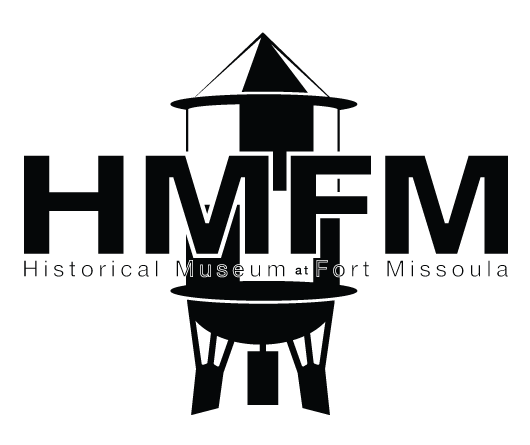
These programs will highlight the ways archival sources can both help and hinder anyone studying our diverse past. Our presenters will examine sources such as newspaper articles, census records, and media of all types, and discuss various ways in which the biases inherent in these sources can be noticed and accounted for.
Join us for a unique blend of under-told histories and a peek behind the scenes of how those histories were meticulously pieced together.
Spring Lecture Series recordings below. Check back in fall 2021 for upcoming sessions.
If you would like to talk with someone about being a presenter on the Document Detective Series please contact us.
View Recording HERE.
Presentation is by local researcher Greg Martin and his in-depth research into Montana’s African American community.
It’s not well known that Missoula and Montana as a whole had a more significant Black population in the early 20th Century than it did by the end of it.
While never reaching more than 1% of the population, their presence represented the seed of potential – a potential that, sadly, went unmet. An examination of this population is important to reflect on when making sense of the fact that Montana is the least Black state in the country right now.
But trying to understand what life was like for Black Montanans in that period is a difficult task. It helps to understand the barriers presented by historical records – what they can’t tell you and what they can. Often times, the sources end up telling us more about the greater white community than they do about the lives of the Black Americans who lived here.
View Recording HERE.
Our first presentation was by Professor Mark Johnson, University of Notre Dame and his in-depth research into Montana’s Chinese community.
In 1905, a special census was taken of Montana’s Chinese residents. Whereas the 1882 Chinese Exclusion Act limited entry of laborers at the borders, this 1905 census built from harsher restrictions of the 1890s seeking to find and deport Chinese lacking proper documentation.
Concurrent with this census, two Chinese reformers, Kang Youwei and Liang Qichao, exiled from China following a reaction against their reform efforts, sought allies in overseas Chinese communities. As Kang and Liang visited Montana, they witnessed unfair treatment of the state’s Chinese, notably through the humiliation of the census round-up and resulting deportations. Gaining empathy through this exposure to the plight of the Chinese in the American West, Liang and Kang advocated on their behalf, initiating a China-wide boycott of American products to pressure the American government to improve treatment of Chinese in the U.S.
The coming together of exiled Chinese reformers with a class of Chinese they otherwise would never have encountered sparked one of the first manifestations of unified Chinese nationalism, with unlikely roots in the experience of the Chinese in Montana.
Recordings are available here after the events.

